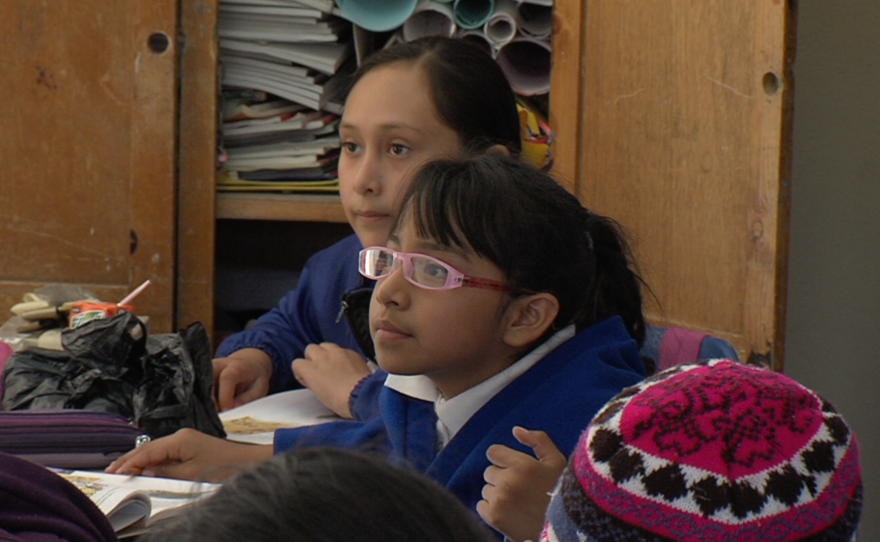San Diego and Tijuana students frequently cross the border and have close relationships with people on the other side, according to preliminary findings from a UC San Diego study announced Thursday.
"Most of these students, they are living a truly binational life," said Peter Cowhey, dean of UC San Diego's School of Global Policy and Strategy, which partnered with the Center for U.S.-Mexico Studies to conduct the survey.
Researchers looked at 6,500 San Diego and Tijuana students surveyed to date in the cross-border region.

One in every four of those students identifies as being both American and Mexican, with experience living on both sides of the border. About 57 percent have crossed the border, 71 percent speak some level of both Spanish and English and 77 percent have friends and relatives on the other side of the border.
"But they happen to have a classroom that is on one side of the border," Cowhey said. "So the classroom experience is in a sense partitioned from this very fluid binational identity."
The preliminary findings were discussed at Tijuana's Autonomous University of Baja California, which helped collect data. The border researcher institute El Colegio de la Frontera Norte and UC Los Angeles's Civil Rights Project also participated.
Researchers said they hope the survey will encourage education policy-makers to think of Tijuana and San Diego students in a more integrated way, pushing for more cross-border learning opportunities such as student exchanges.
"If you think of these students as the workforce of the future of the binational economy, we want to think about them in a holistic way," Cowhey said.
The findings suggest the students face common problems. For example, about 93 percent of respondents said they think going to college is important, but only 73 percent of them believed they would earn a university degree.
Students from Tijuana have long commuted to San Diego in order to attend U.S. schools. The opposite is now true as well, said Denise Moreno Duchy, senior policy advisor for UC San Diego's Center for U.S.-Mexico Studies. About one million U.S. citizens are attending schools in Mexico, she noted. About 50,000 of those are in Tijuana.
The full report, titled "The Students We Share," will be released in September.







